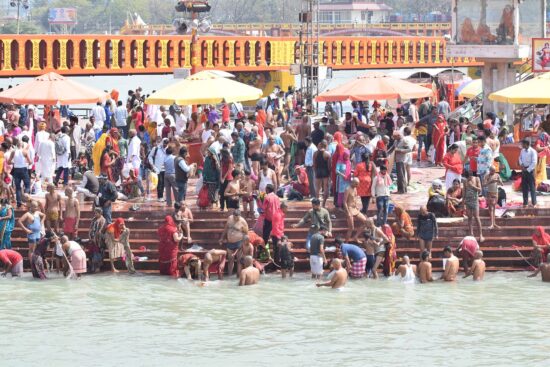Enhancing preparedness for reducing transmission and globalisation of Antimicrobial Resistance at the Ardh Kumbh Mela 2025, the world’s largest recurring religious mass gathering
Recurrent mass gathering religious and sporting events pose substantial public health challenges for host countries since they attract millions of local and international travelers from all continents. Past outbreaks of meningococcal disease associated with the Hajj pilgrimage, cholera at the Kumbh Mela, and of influenza at the Winter Olympics highlighted the importance of public health preparedness prior to, during and after the event. The importation, local spread, and globalisation of antimicrobial resistance (AMR) is an important, but neglected, global public health issue associated with mass gathering events.
Currently, antibiotic resistant bacterial infections are a top cause of death worldwide. Despite numerous global AMR initiatives over the past decade for its control, deaths due to AMR are estimated at 1.25 million annually and are expected to rise to 10 million annually by 2050. The importance of transmission of antibiotic resistant pathogens, including those causing sexually transmitted infections at mass gathering festivals and religious pilgrimages has recently been recognised. The escalating global problem of AMR poses another complex risk to public health preparedness and response during all mass gathering events. Repeated courses of antibiotic treatments taken by pilgrims during their journeys drive AMR further.
AMR NEWS
Your Biweekly Source for Global AMR Insights!
Stay informed with the essential newsletter that brings together all the latest One Health news on antimicrobial resistance. Delivered straight to your inbox every two weeks, AMR NEWS provides a curated selection of international insights, key publications, and the latest updates in the fight against AMR.
Don’t miss out on staying ahead in the global AMR movement—subscribe now!







